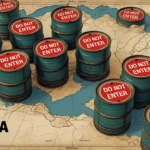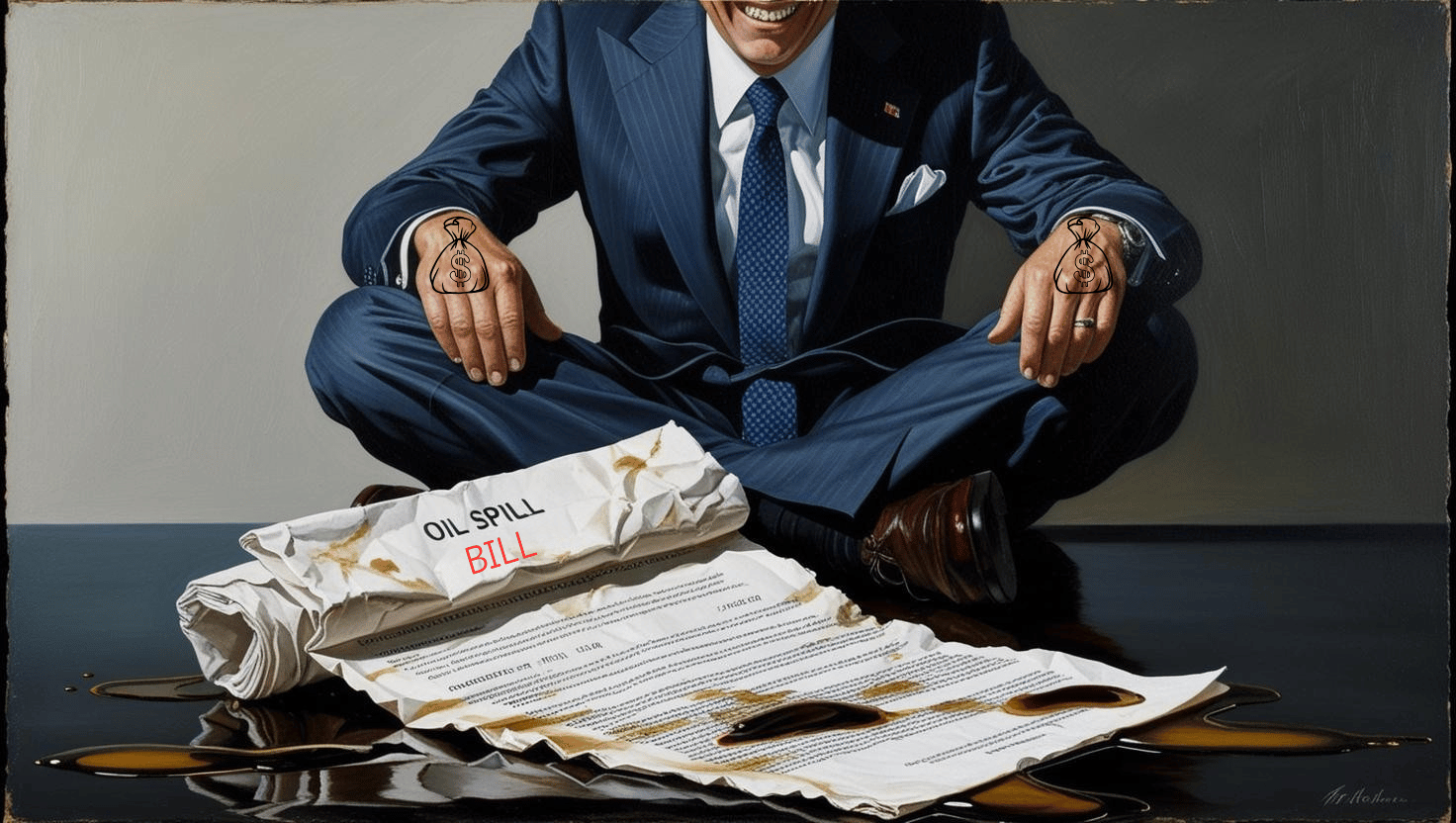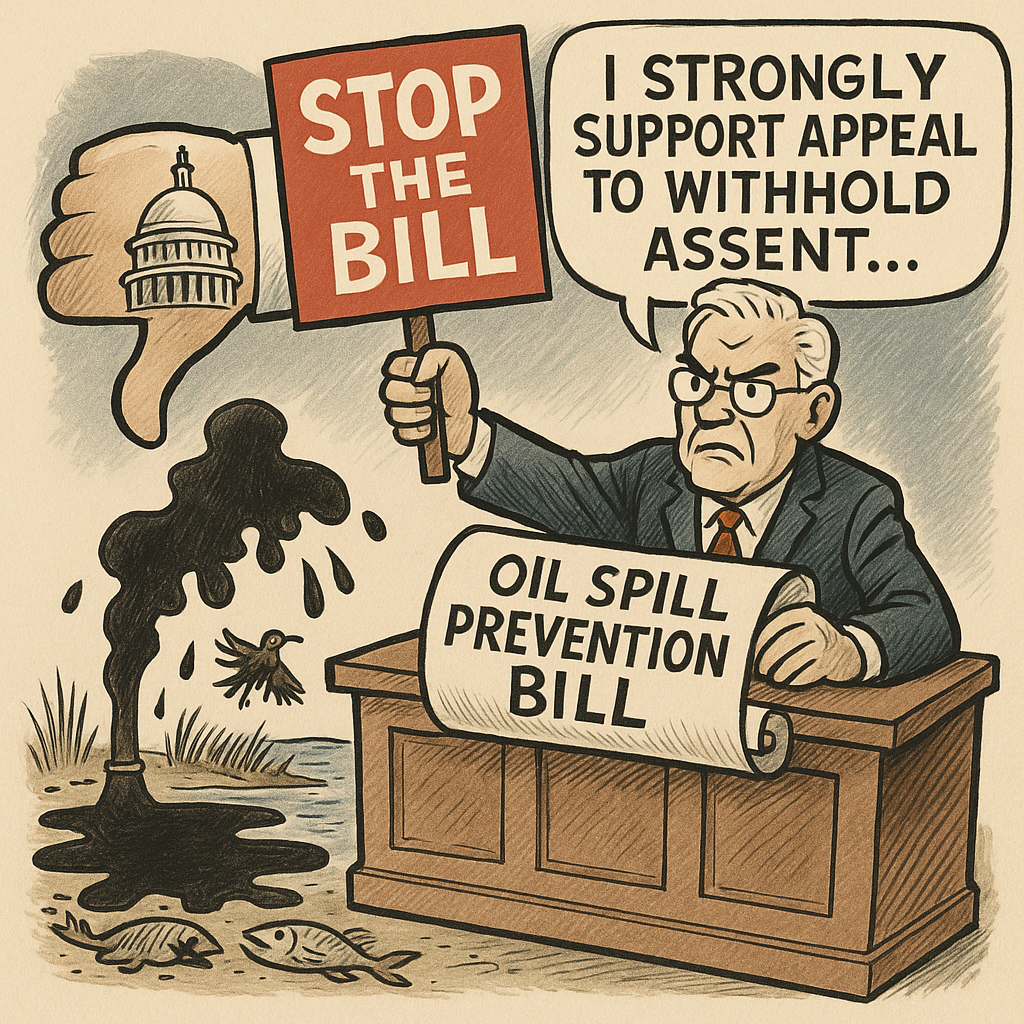The presidency is the most sacred office in our Republic – its occupant sworn to uphold the Constitution and to serve all the people without fear or favour. Under President Ali, that office has been diminished – through evasion, manipulation, and a style of governance that rewards loyalty over merit, secrecy over transparency, and partisanship over national unity. It is a presidency that serves first the Party, then its leaders, its loyalists, and finally, their families and friends.
The recent exchanges between President Ali and Azruddin Mohamed are a symptom of the reliability of his (Ali’s) words and his personal credibility. When confronted with documented evidence – via WhatsApp messages – that he facilitated the undervaluation for customs purposes of a high-end vehicle, Ali ridiculed the source. Pressed further, he hid behind the standard “I cannot recall,” blaming it on receiving too many messages. Ali, a borderline Generation X and Y leader – who wants to position Guyana as a global IT and AI hub – expects Guyanese to believe he does not know that WhatsApp messages do not overlap but scroll, that they do not disappear but are stored in the Cloud. Is that the best President Ali can do?
But this evolving posture of duplicity and convenience, denial and indifference, is part of President Ali’s playbook. He campaigned on a promise to renegotiate the 2016 oil agreement – by far the worst in modern oil deals. Once elected, “unable to recall”, he hid behind the doctrine of sanctity of contract. His Party’s pledge to investigate the circumstances into that agreement, has morphed into a refusal to release the Clyde & Company report on the agreement. Groveling to his new masters, he refuses to exercise the government’s rights to apply ringfencing, enforce relinquishment, and conduct serious audits. Audits are delayed, cost claims go unchallenged and published information by the oil companies are deceptive and misleading. Is that truly what the President thinks Guyanese deserve?
And most disturbingly, the government refuses to disclose who issues tax certificates to the oil companies – allegedly used to claim foreign tax credits in the United States. This refusal shields the process from public scrutiny and makes the state complicit, perhaps even an accessory, in facilitating offshore tax evasion. Worse still, the recently passed Oil Spill Liability Bill completely ignores the environmental risks to our neighbours – including one waiting for an excuse to pounce, should an offshore spill affect its territory. Not to mention the government’s complete dismissal of citizens’ right to have a say in the Bill. Is that the responsible and patriotic act, President Ali?
At home, when twenty children perished in state custody at Mahdia, President Ali appointed a commission of inquiry designed not to pursue the truth, but to control the result. The government also quietly enabled the buying off an Amerindian child victim of serious sexual misconduct. And then had the audacity to declare – as he did just two days ago – that he would dedicate his life to lifting the children of Guyana. Does our President not realise that this smells of hypocrisy?
His commitment to the administration of justice is no less duplicitous. His long and oft-repeated promise to address the confirmation of the Chancellor and Chief Justice is as clear a signal as any that judicial independence remains hostage to political expediency and subject to retribution and weaponisation. His tolerance for unprincipled and even lawless conduct is equally evident. His government openly rewards those who cross the floor and punishes those who dissent. The case of Dr. Asha Kissoon – who unlawfully overstayed her time in the National Assembly and was warmly welcomed into the PPP – is further evidence of the culture of reward for improper conduct. President did the same with Charrandass Persaud, who betrayed the APNU+AFC Government and was rewarded by Ali with a top-level diplomatic posting.
He is comfortable using public funds to pay officials not for what they do, but for what they are willing not to do. The Commissions of Information, Public Procurement, and Integrity are classic examples – offices reduced to sinecures, failing their mandates and the public trust. Instead of embracing the rule of law, the President is content to reward donors of dark money to his campaign coffers, refusing to consider any form of campaign finance reform. His PPP/C operates entirely outside of any legal framework and is almost certainly in violation of anti-money laundering rules – as do the Opposition parties. In ignoble acts, he is at one with the opposition.
The structure of his administration is built not on law, but on favours and fear – a deliberate strategy of reward and punishment. In his distorted economic order, the poor survive on occasional handouts of $100,000, while those with connections benefit to the tune of millions – through contracts, tax concessions and sweetheart deals. One example close to him is the Silica City project, which is not accounted for or disclosed anywhere in the national Budget or the public records. The project is run by the Ministry of Housing, of which he was once Minister and which has, since then, been mired in allegations of corruption. Let us not repeat the past.
The public has also taken note of the now-revealed relationship between President Ali and businessman Mohamed. But what began as concern over a personal association has evolved into something deeper. The episode exposed a culture of proximity and privilege -where access to the President silences scrutiny, stifles competition, and reaffirms that in Guyana, political interests and connections trump transparency. Through all this, the state-funded media -which falls under President Ali – remains closed to opposition, independent and civil society voices. Citizens are denied a platform for response, even as they fund the very institutions that attack and exclude them.
Perhaps most revealing is that President Ali was quite prepared to accept Mohamed’s largesse until Mohamed announced political ambitions – exposing the transactional nature of Ali’s associations and improper motives.
President Ali’s actions constitute a grave betrayal of the Guyanese public who gave him the privilege of being their leader. When concerns were raised over the nature and speed of his academic qualifications, the public chose to look past them. And when the APNU+AFC coalition attempted to subvert the electoral process in 2020, Guyanese of all backgrounds defended Ali’s constitutional right to assume office. That trust has been repaid with secrecy, arrogance, betrayal, and deception.
In an enlightened country driven by truth, principle and integrity, that betrayal should be cause for his resignation. By the same yardstick, he ought not to be re-elected. Unfortunately, the several persons I spoke with this past week have all expressed pessimism about the future of the country. September 1 will tell us whether those fears are well founded.
Yours faithfully,
Christopher Ram











